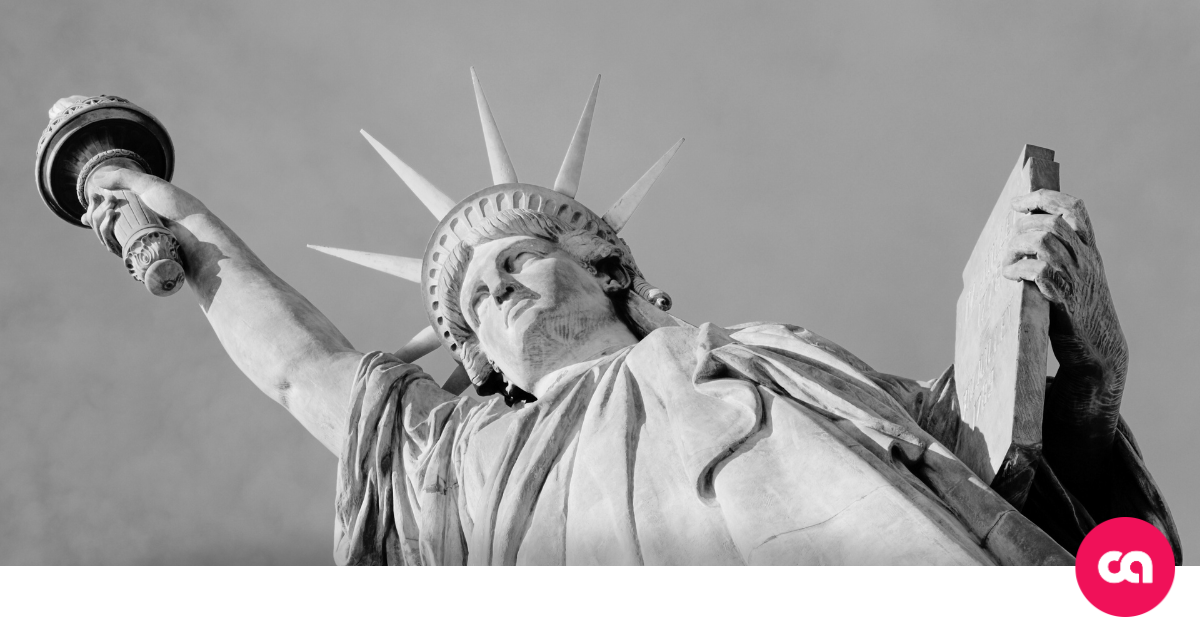COLLECTION LAWS – NEW YORK (NY)

(1) Pre-Judgment Interest Rate:
In the state of New York, the pre-judgment interest rate is governed by New York Civil Practice Law and Rules (CPLR) Section 5004. The current pre-judgment interest rate is 9% per annum.
(2) Post-Judgment Interest Rate:
According to New York CPLR Section 5004, the post-judgment interest rate in New York is determined annually by the Chief Administrator of the Courts. The post-judgment interest rate is also set at 9% per annum.
(3) Statute of Limitations for Written Contract:
The statute of limitations for a written contract in New York is six years. Pursuant to New York CPLR Section 213(2), any legal action to enforce a written contract must be initiated within six years from the date the cause of action accrues.
(4) Statute of Limitations for Oral Contract:
For an oral contract, the statute of limitations in New York is also six years. According to New York CPLR Section 213(2), the time limit for commencing a legal action to enforce an oral contract is six years from the date the cause of action arises.
(5) Statute of Limitations for Open Account:
In New York, the statute of limitations for an open account is six years. Under New York CPLR Section 213(2), a legal action to collect on an open account must be initiated within six years from the date the cause of action accrues.
(6) Statute of Limitations for Contract for Sale of Goods:
The statute of limitations for a contract for the sale of goods in New York is four years. As per New York Uniform Commercial Code (UCC) Section 2-725, any legal action for breach of a contract for the sale of goods must be commenced within four years from the date the cause of action arises.
(7) Statute of Limitations for Promissory Note:
For a promissory note, the statute of limitations in New York is six years. Under New York CPLR Section 213(2), a legal action to enforce a promissory note must be initiated within six years from the date the cause of action accrues.
(8) Statute of Limitations for Enforcement of Domestic Judgment:
In New York, the statute of limitations for the enforcement of a domestic judgment is twenty years. According to New York CPLR Section 211(b), a domestic judgment can be enforced for a period of twenty years from the date it is entered.
(9) Statute of Limitations for Enforcement of Foreign Judgment:
The statute of limitations for the enforcement of a foreign judgment in New York is generally recognized as the greater of twenty years or the time limit set by the foreign jurisdiction. This is governed by New York CPLR Section 5306.
(10) Garnishment Exemptions:
In New York, certain types of income and property are exempt from garnishment. These exemptions include, but are not limited to, Social Security benefits, unemployment benefits, public assistance, pensions, and child support. The specific exemptions are outlined in various New York laws, such as New York Civil Practice Law and Rules Section 5205 and New York Debtor and Creditor Law Section 282.
Disclaimer: Please note that the presented content is an outline of legal regulations, serving as a general overview rather than an exhaustive representation of comprehensive statutes. It is crucial to recognize that this outline does not constitute “legal advice.” Moreover, it is important to acknowledge that subsequent changes to the listed statutes may occur subsequent to this publication. It is recommended to consult an attorney in the jurisdiction to confirm the information is up-to-date and accurate.